The Debate Over Chinese-Made Drones
On May 16, the U.S. House Homeland Security Committee held a hearing titled: “Unmanned Aerial Systems: An Examination of the Use of Drones in Emergency Response,” examining the use of drones in emergency response. The hearing coincided with the introduction of the “Drones for First Responders (DFR) Act,” which proposes a hefty tax on Chinese-made drones and a future ban on their import.
First Responders Speak Out
Supporters of the DFR Act argue it’s essential for public safety and boosting the American Drone Industry. However, First Responders at the hearing painted a different picture. They shared stories of how drones have become crucial in emergencies, from delivering life-saving equipment like defibrillators to providing aerial views in dangerous environments.
Public safety officials also highlighted their efforts to secure the data collected by drones, noting a lack of comparable U.S.-made alternatives. They argued that the DFR Act would effectively ban the drones they rely on, making their jobs harder and less safe.
DJI’s Rebuttal
DJI, a leading drone manufacturer, responded to the hearing with several key points:
Security Is Not About Borders: DJI argues that drone security should be based on technology standards, not the country of origin. They’ve invested heavily in security measures since 2017 and offer various privacy controls for users.
The DFR Act and Xenophobia: According to DJI, the DFR Act’s proposed tax and eventual ban on Chinese drones is more about xenophobia than security. They claim the U.S. market isn’t ready to provide drones of comparable quality, and first responders would be left with inferior options.
Economic Impact: The proposed tax increase would hurt American businesses using DJI drones. DJI estimates the DFR Act could jeopardize $116 billion in economic activity and 450,000 jobs. Small businesses, in particular, would struggle under the new tax burdens.
Innovation and Market Leadership: DJI maintains its market leadership through innovation and scale, not unfair subsidies. They argue that most companies benefit from home country economic practices, including U.S. companies.
Adequate Protections in Place: Public safety agencies have measures to protect drone data. DJI drones don’t need internet connections for operation and offer various Data Security options.
Supporting U.S. Industry: DJI supports the U.S. drone industry, especially software startups and service providers. They believe that competition drives innovation and that excluding DJI from the market would harm first responders who need reliable drones.
The Bigger Picture
Public safety agencies need access to the best tools available. DJI advocates for technology-based security standards and a competitive marketplace where operators can choose the best drones for their needs. They believe this approach will ensure a secure, competitive, and thriving U.S. drone ecosystem.
DroneXL’s Take
The DFR Act, while aiming to enhance national security, may have unintended consequences for public safety and the economy. First responders rely on drones from companies like DJI to save lives. Imposing high taxes and future bans on these drones could hinder their ability to perform critical tasks. A balanced approach, focusing on technology standards rather than country of origin, might be the key to advancing both security and innovation in the drone industry.
Go to the Drone Advocacy Alliance to learn more and make your voice heard.
Discover more from DroneXL
Subscribe to get the latest posts to your email.
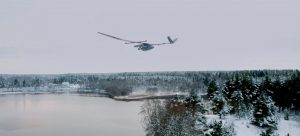
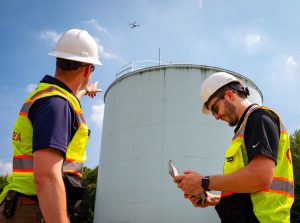



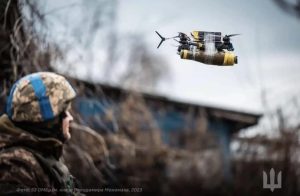


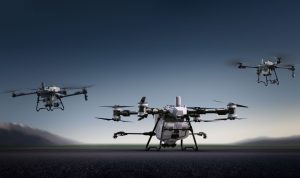

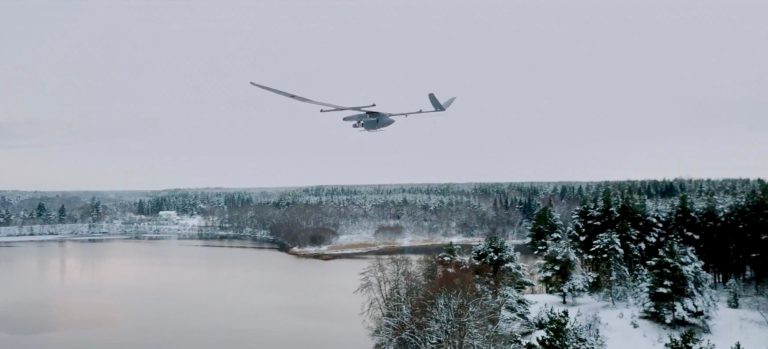
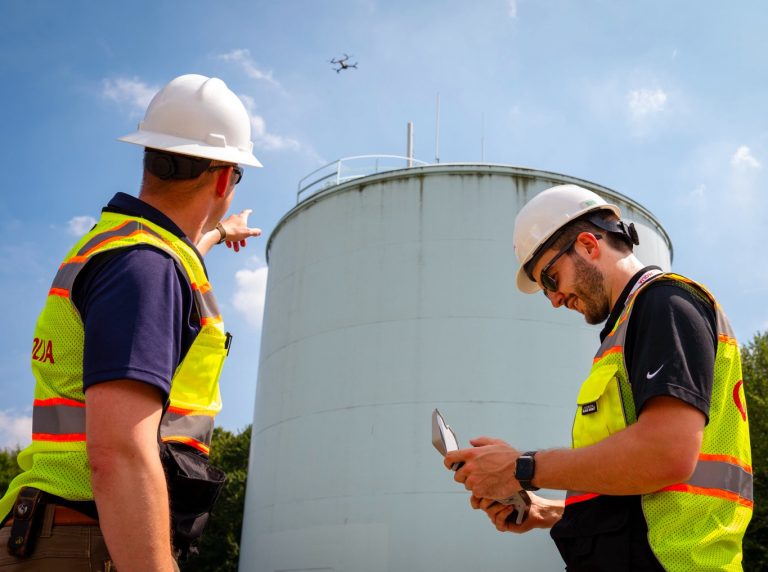

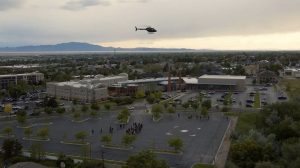



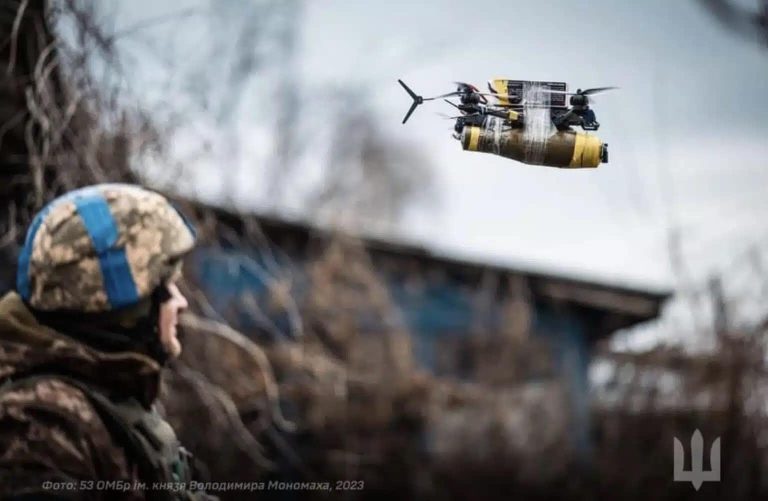
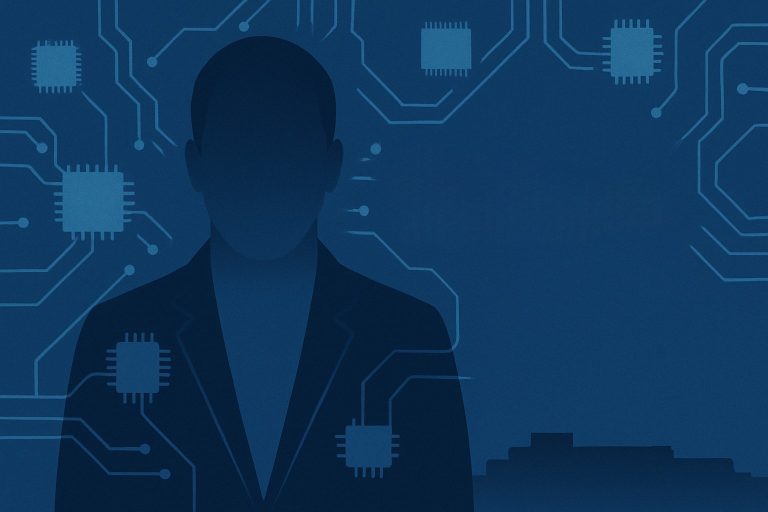

+ There are no comments
Add yours